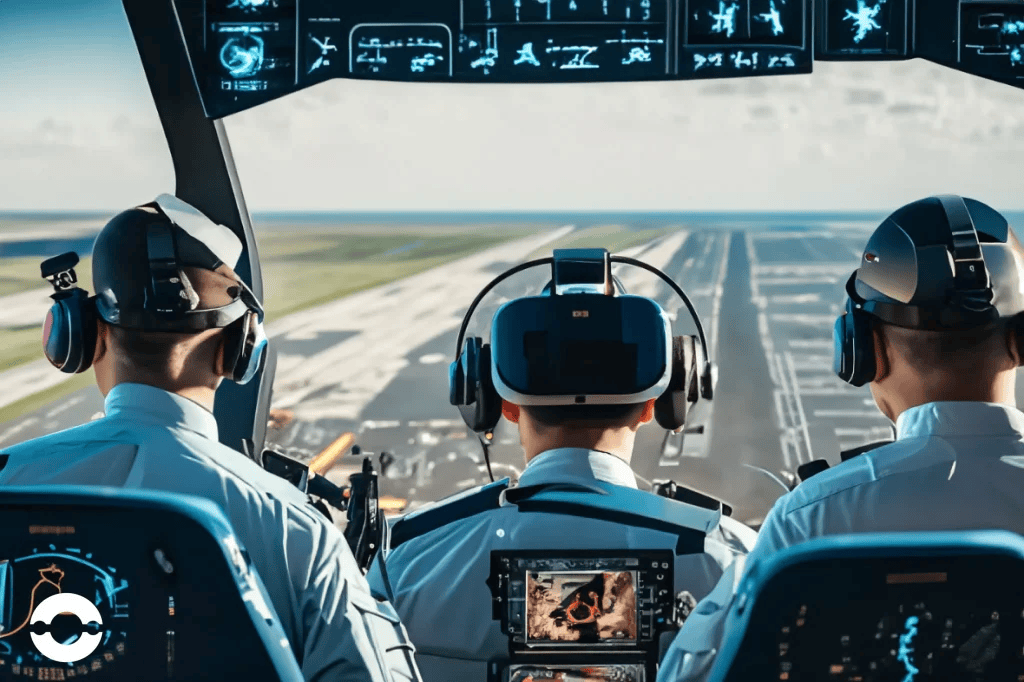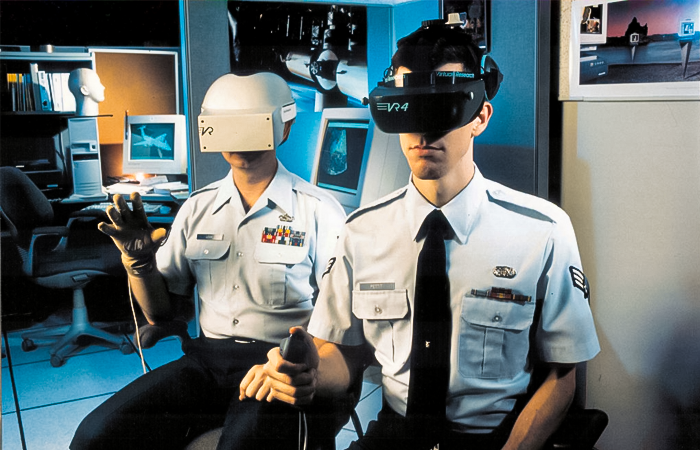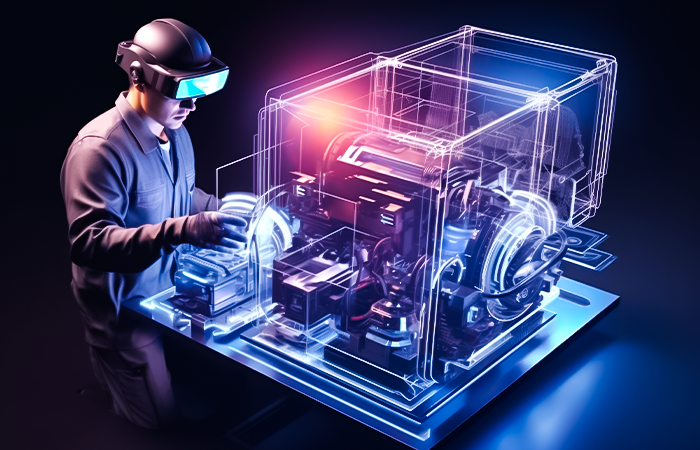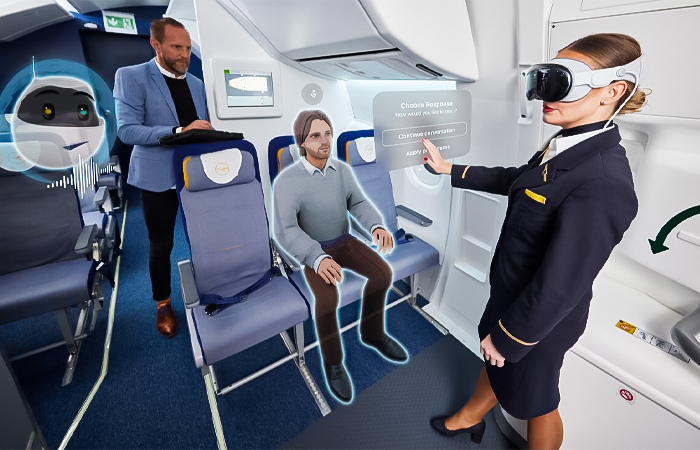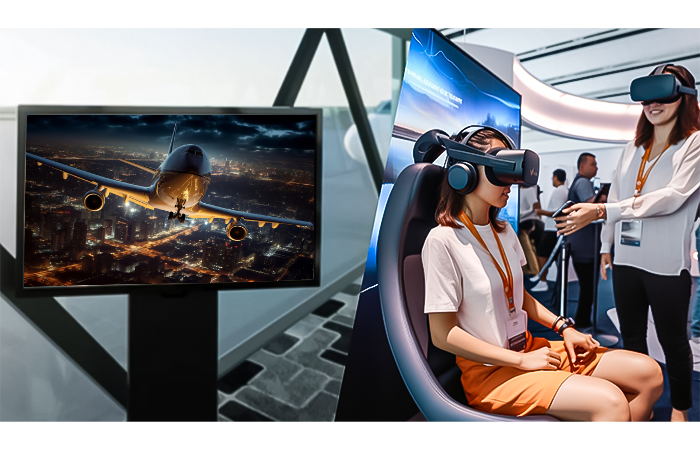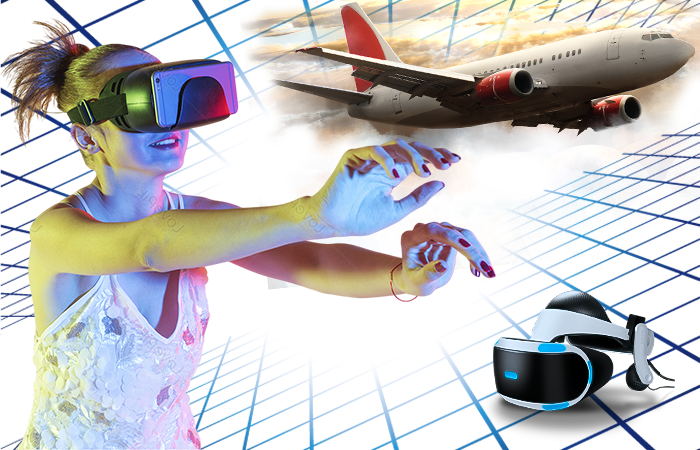Use Cases of AR/VR/MR in the Aviation Industry
Flight Simulation Training with VR
Traditional flight simulation has evolved with VR-powered immersive experiences. Trainees can now experience realistic flight conditions, emergency situations, and challenging scenarios in fully immersive 360° VR environments.
Boeing
Airbus
Cathay Pacific
Qvolv’s Impact on Aviation
Qvolv’s AR/VR/MR solutions for the aviation industry address critical pain points in training, operations, and passenger engagement. With highly customized content and seamless integration into existing aviation systems, Qvolv’s immersive technology is helping airlines and aviation organizations worldwide enhance safety, efficiency, and overall performance.
Key Benefits :
Improved safety training and decision-making capabilities.
Increased efficiency in aircraft maintenance and repairs.
Cost reductions in training and prototyping phases.
Enhanced passenger experience and engagement during flights.


